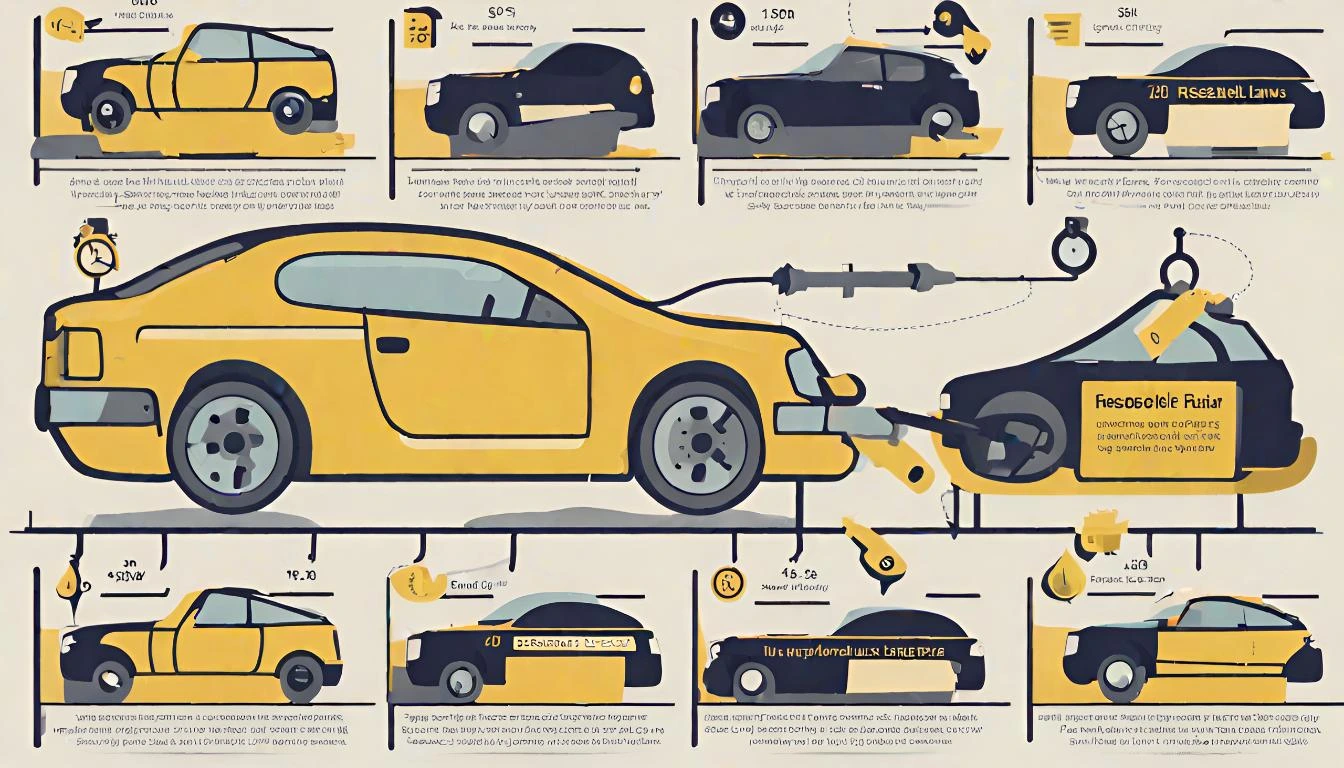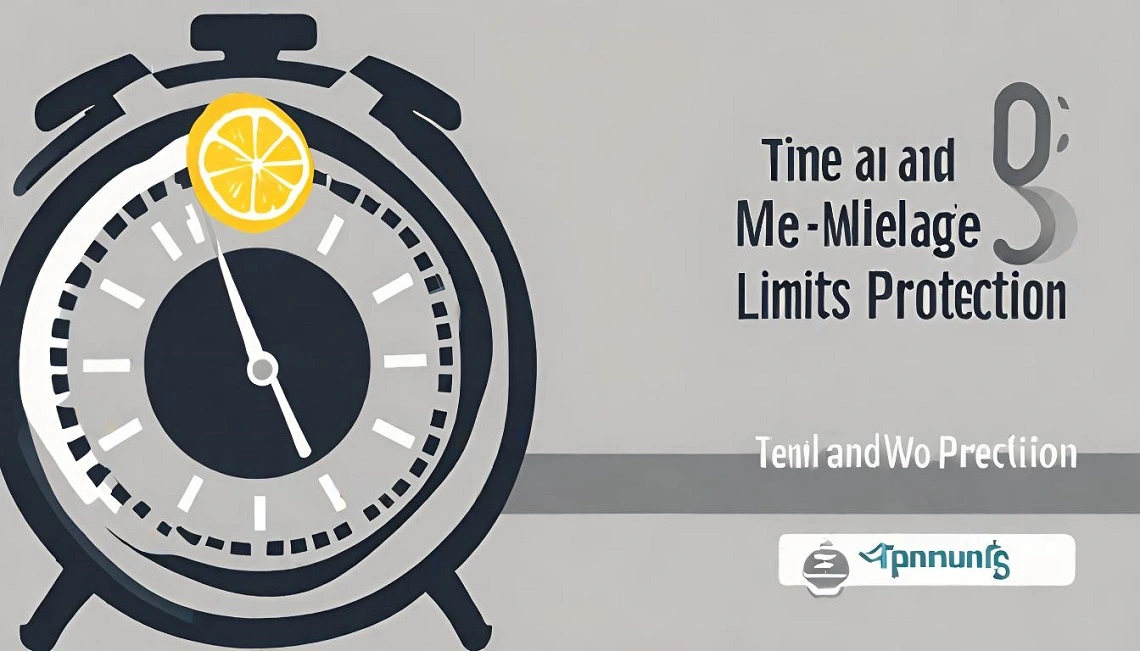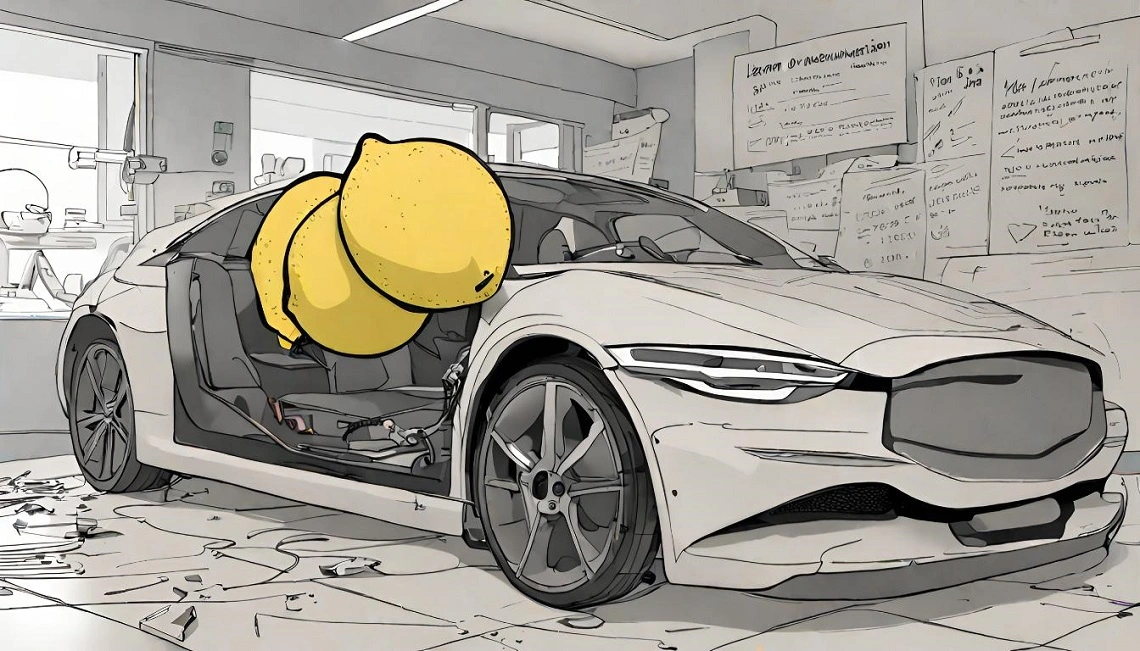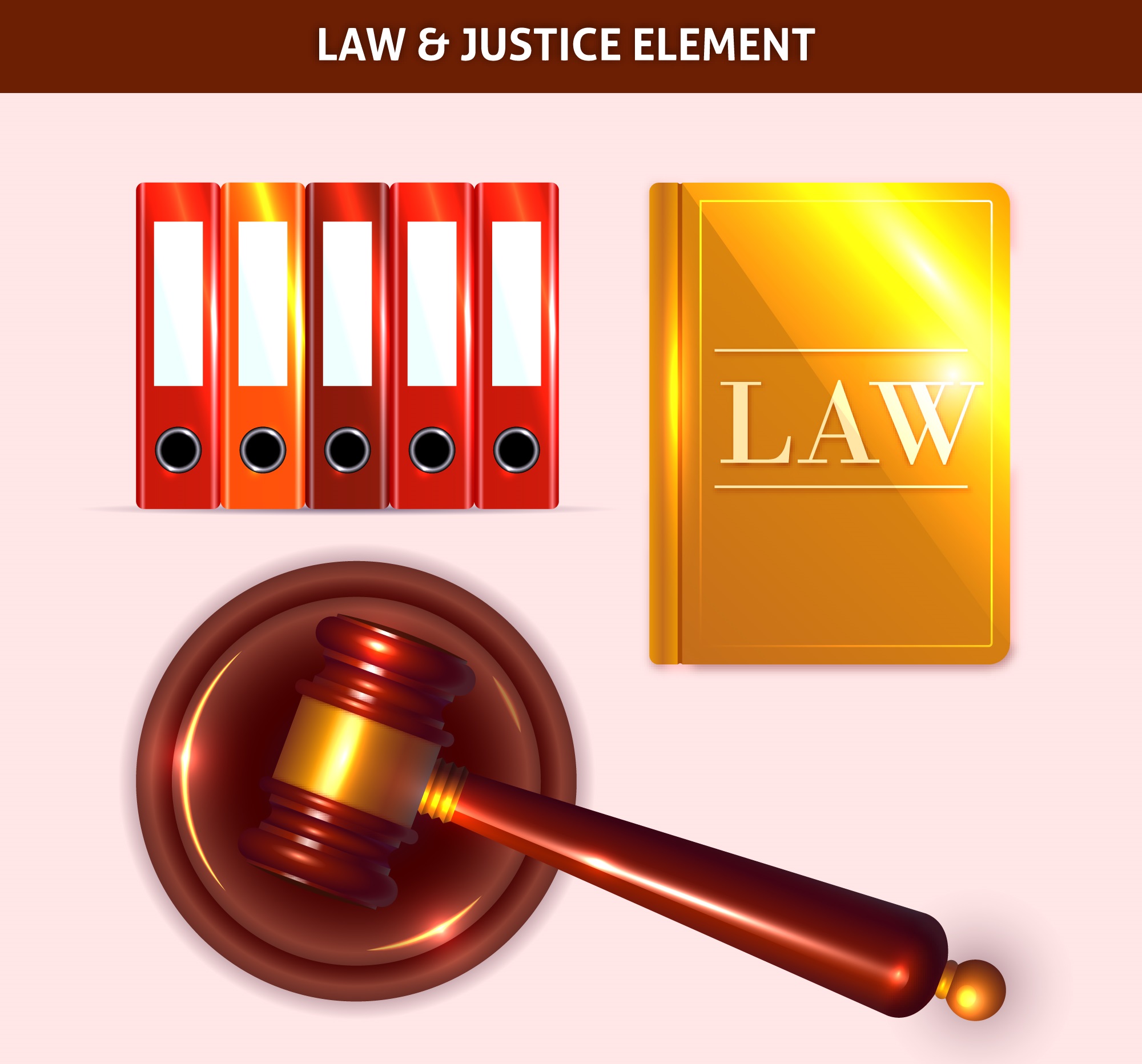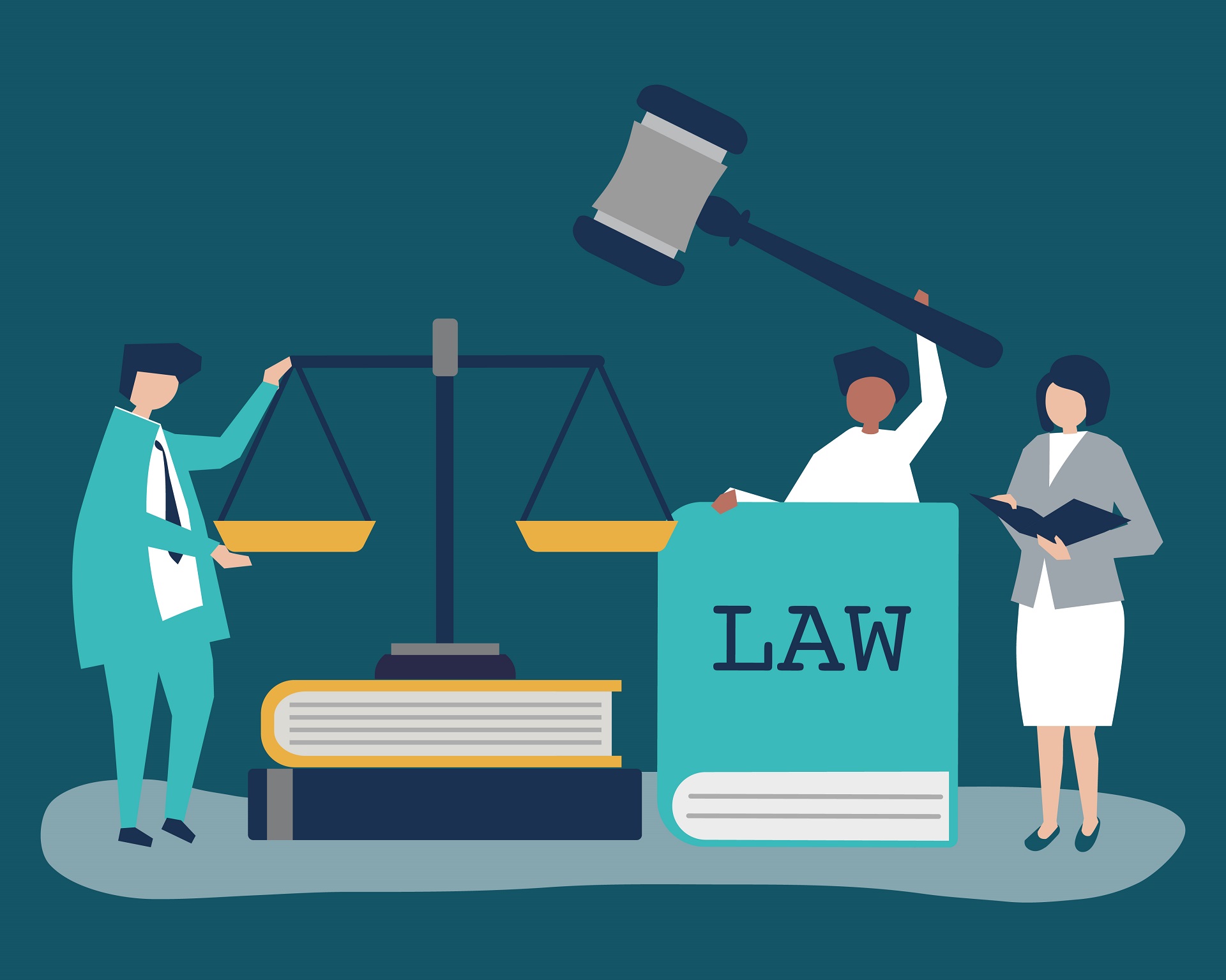
Know your rights and protections as a consumer in the vehicle industry. Lemon laws and other consumer protection laws exist to safeguard you from faulty products and unfair practices. Lemon laws protect consumers who purchase vehicles with significant defects, ensuring they receive remedies when these defects impact the vehicle’s use, value, or safety within a set timeframe. These laws vary by state and cover eligibility, time limits, “lemon” definition, and resolution procedures.California provides a robust and comprehensive statutory structure aimed at assisting consumers with unrepairable and/or reoccurring.
Consumers should know their rights regarding vehicle warranty claims under lemon laws. Depending on the situation, they may be eligible for compensation if repeated attempts at repair fail. Lemon laws and consumer protection regulations provide individuals with confidence when purchasing vehicles. By knowing their rights and seeking professional guidance, consumers can navigate potential issues more effectively for a worry-free ownership experience.
The Burden of Proof: How Lemon Law Presumptions Shift the Responsibility to Manufacturers
Lemon laws place the burden of proof on consumers in cases involving defective vehicles. However, manufacturers have a responsibility to address these issues and ensure consumer protection. Lemon laws include a crucial aspect: the presumption of defectiveness. If a consumer can show multiple repairs or significant issues within a timeframe, there is a presumption that the vehicle is defective. This puts the burden of proof on the manufacturer.
This significant shift in burden not only acknowledges but also addresses the inherent power imbalance that exists between consumers and large corporations. It is an acknowledgement of the fact that manufacturers possess greater access to resources and information about their products, giving them a clear advantage over individual consumers. As such, it is only fair that they bear the responsibility of proving that any lemon law claim made by a consumer is unfounded. Lemon laws are designed to protect consumers from the unfortunate circumstance where manufacturers fail to provide safe and reliable vehicles.
By implementing a presumption of defectiveness, these laws hold manufacturers accountable for their products and ensure that they take appropriate measures to rectify any faults or defects that may arise. By placing the burden on manufacturers to prove that a lemon law claim is unfounded, consumers are provided with a much-needed sense of security and reassurance in their purchase decisions. This empowers them to assert their rights as consumers while also instilling a sense of responsibility within manufacturers to deliver products of exceptional quality. It ensures that both parties are treated equitably while providing consumers with the necessary protection against faulty products.
Lemon Law Presumptions and the Definition of a “Lemon” Vehicle
Are you tired of dealing with the frustration and financial burden of a lemon vehicle?
You didn’t get what you’re paying for?
You don’t want to continuously drive a loaner or rental vehicle?
Look no further, as we delve into the world of lemon laws and how they protect consumers like you. In this informative guide, we will explore the definition of a “lemon” vehicle, the lemon law presumption of substantial impairment, and the crucial role that mileage thresholds play in these laws.
By speaking to an experienced lemon law attorney at the Hashemi Law Firm can help you gain a deep understanding of these essential concepts, you will not only be able to confidently navigate the intricate pre-litigation and subsequent legal landscape surrounding defective vehicles, but also ensure that your rights as a consumer are firmly protected by taking the right steps. So,let’s embark on this empowering journey together, where knowledge becomes your greatest weapon and peace of mind becomes your ultimate reward.
Are you exhausted from the relentless frustration and overwhelming financial strain caused by owning a lemon vehicle? Look no further! Our team is here to provide you with expert guidance and support as we navigate through the complex world of lemon laws, revealing how these powerful regulations can shield and safeguard consumers just like yourself.
The Role of Lemon Law Presumptions in Establishing Reasonable Repair Attempts
Tired of dealing with a faulty vehicle that’s always in the repair shop? Did the problems start when the vehicle was under the original warranty issued by the manufacturer? You may have protection under lemon laws. These laws guarantee peace of mind for consumers buying defective vehicles by requiring manufacturers to make reasonable repair attempts before considering it a lemon. Don’t get stranded with an unreliable mode of transportation. Manufacturers have the chance to fix defects in your car under lemon laws. You must bring it for repairs within a set time and give them multiple attempts to resolve the issue. Usually, this is around three or four tries as per state regulations, but it can be as little as 2 failed attempts. An attorney at the Hashemi Law Firm will develop your case so to avail you of all protections available under the lemon law statutes, express and implied warranties.
By adhering to specific timelines, manufacturers must complete repairs within a certain timeframe. Failing to meet these requirements can strengthen your case for lemon law protection. It’s important to keep detailed records during this process, documenting each repair attempt, including dates, descriptions of problems, and any invoices or receipts related to the repairs. This evidence will help support your claim if it becomes necessary to take legal action.
Thanks to the existence of lemon laws and their robust provisions for reasonable repair attempts and strict timeline requirements, consumers are now bestowed with stronger protection against being trapped with defective vehicles. Gone are the days of enduring endless repairs and unreliable transportation. It is of utmost importance to familiarize yourself with the lemon law provisions applicable in your state and take prompt action if necessary, ensuring that your rights as a consumer are safeguarded efficiently.
By understanding these laws inside out, you can confidently navigate any potential issues that may arise with your vehicle, knowing that you have the necessary legal recourse at your disposal. Don’t let yourself be burdened any longer – empower yourself with knowledge and assert your rights under the lemon law!
Navigating Lemon Law Presumptions: Tips for Consumers Filing a Claim
If you’ve ever purchased a vehicle that turned out to be a lemon, you know how frustrating and costly the experience can be. Fortunately, lemon laws are in place to protect consumers like you. However, successfully filing a lemon law claim requires more than just dissatisfaction with your vehicle – it requires solid evidence and the assistance of an experienced attorney.
Gathering evidence is crucial when building a strong lemon law case. This includes keeping detailed records of all repair attempts, documenting any defects or malfunctions, and preserving any correspondence with the manufacturer or dealership. By providing tangible proof of your vehicle’s persistent issues, you greatly increase your chances of success.
The Hashemi Law Firm will guide you through the process and navigate the legal process with the goal of maximizing your ultimate recovery.
While gathering evidence is important, navigating the legal process on your own can be overwhelming and can hurt your case. That’s where an attorney with civil litigation skills who focuses in lemon law cases becomes invaluable. An experienced attorney not only understands the intricacies of lemon laws but also knows how to effectively negotiate with manufacturers and dealerships on your behalf.
Working with an attorney at the Hashemi Law Firm for your lemon law case provides numerous advantages. The attorneyand staff will help you understand your rights as a consumer and guide you through each step of the claims process. From reviewing your evidence to filing necessary paperwork to representing you in court if needed, they will ensure that your rights are protected and that you have the best chance at receiving compensation or a replacement vehicle. We advocate for you and get compensated by the manufacturer or dealer!
Conclusion: Leveraging Lemon Law Presumptions to Protect Your Rights as a Consumer
Working with an experienced attorney who specializes in lemon law cases is crucial when navigating the legal process. An attorney at the Hashemi Law Firm possesses the knowledge and expertise to effectively negotiate with manufacturers and dealerships on your behalf, ensuring that your rights as a consumer are protected and advanced through the legal process. From guiding you through each step of the claims process to representing you in court, a Hashemi Law Firm attorney will ensure that you have the best chance at receiving compensation or a replacement vehicle. By leveraging lemon law presumptions, they will help you understand your rights and work towards a favorable outcome for your case.
***The forgoing is not intended and shall not be construed as legal advice.***
Contact the Hashemi Law Firm for a free case evaluation.



